Kancha Ilaiah was born on 5th October 1952 in the village of Papaiahpet, Warangal district in Telangana State. His family belonged to the sheep-grazing Kuruma Golla caste which is considered one of the numerically dominated sub-caste among the Telugu speaking people. The name ‘Ilaiah’ came out of their caste deity ‘Inoli Mallanna’. Inoli Mallanna, Katta Mallanna, Komuravelli Mallanna, Odela Mallanna are the geographical locations/peaks situated in the Deccan plateau, through which shepherds usually travel in the quest for fodder for their sheep and goat. Thus, it is believed that Inoli Mallanna was the chieftain of shepherds. Ilaiah was inspired by his own mother Kancha Kattamma as she was at the forefront of the shepherd’s struggle against the forest guards’ discriminatory behaviour. She was died because of a violent confrontation with police Patel's family. They attacked her and because of those wounds she got tetanus and died.
Ilaiah has an M.A. degree in political science from Osmania University, Hyderabad and an M.Phil. awarded for his study of land reform in the south Indian state of Andhra Pradesh. He was awarded a PhD degree for his work entitled ‘Political Thought of Gautama Buddha’, later which was published in the form of a book entitled ‘God as Political Philosopher: Buddha’s Challenge to Brahmanism’. He has been a recipient of the Mahatma Jyotirao Phule Award and was a Nehru Fellow between 1994-97. He also got the LISA (London Institute of South Asia) award for his magnum opus 'Why I am Not a Hindu' in 2008. He got the North American Association of 'Social Justice Award 2018'.
While working as an Associate Professor in the Department of Political Science at Osmania University, the Osmania University administration gave him a letter asking him to not write articles to newspapers. But Ilaiah’s colleagues, as well as OUTA (Osmania University Teachers Association) opposed the letter. The University has to withdraw that letter unconditionally. In 2012, he retired from his teaching job at Osmania University after 38 years of study, research and teaching. Subsequently he is served as Director of the Centre for Social Exclusion and Inclusive Policy at Maulana Azad National Urdu University (MANUU) in Hyderabad and retired in 2017.
This interview is an attempt to understand Prof Kancha Ilaiah Shepherd’s views on how and to what extent the fruits of freedom have reached the Dalit and Bahujan communities in the last 75 years of India's Independence…
What do you think - are the problems faced by the Dalit-Bahujan community today different than 75 years ago? Do you think any steps are taken to solve these problems?
- Naturally, the problems are different. For example - the struggle for land or the struggle for improved wages was one time a problem which now has shifted to the modern economic systems. The initial struggle led to the struggle for education, to step out of the villages, if necessary, come to the cities and have aspirations. Because people had no aspirations their span of life also was low, in the lower caste like 35-40 as compared to the upper caste. The span of life has increased now. The aspirations and the idea of life is slowly changing even in the Dalit-Bahujan communities which is not just limited to only being alive in the day-to-day life but has now become a question of a dignified human life. The battles for change in the consciousness regarding untouchability, child marriage and equal rights for women to live a dignified life are going on. There was a time when the Brahminists were talking about child marriages and now the BJP government has changed the age for girl child for marriage to 21. The Bajrang dal and other such Hinduist groups used to hit people on Valentine's Day on the road etc. but now they cannot do that anymore. Now they can't even stop their own film star women from exposing themselves on the screen. The hypocritical supporter women that they have like Kangana Ranaut and others who on one side claim they are the right wing and on the other side are struggling to show their bodies more like Hollywood actresses. The right wing cannot take any action against this now. Why? It is because once we have accepted the constitution of Ambedkar it is no more the question of what they personally believe in. They have to accept the constitution because otherwise they cannot survive. That is the level of the consciousness of people now!
We can say that steps are taken to solve the current problems of the Dalit-Bahujans but in a very two-fold manner. For example - I will share about my struggle to bring English education in the government schools.
Public intellectuals play a very important role in a democratic system. A public intellectual actually challenges the policies they think will go against the people’s interests, and keeps on proposing pro-people policies and theoretical propositions. India needs more honest public intellectuals because of the historical, spiritual, social, and political discrimination of the SC/ST/Shudra communities, and women. Specifically, when it comes to education, many public intellectuals take a hypocritic stand, where what’s good enough for their own children is not what they propose for the children from historically marginalised communities.
The education sector has played a most powerful discriminatory role in Indian history, keeping out marginalised people from getting an education that can lead to material improvements in their lives. To correct this, the constitutional democracy is opening up many channels of anti-discriminatory policies, and the school and university education system is constantly undergoing shifts and changes in this process. Currently, one of the important issues across states is whether governments should promote English medium education in schools.
However, in a closed-door meeting, one public intellectual who was also an invitee intervened and said, “I am opposed to introducing English medium in government schools.” Rahul Gandhi asked him why, and he replied, “Since I studied in the Telugu medium, I think studying in the Telugu medium will be better than studying in the English medium.”
I was surprised at this position of someone who is known as a Left intellectual. The problem with those who take this position on the question of English medium in state government schools is that they educate their own children in the best private English medium schools that they can afford. I knew that the man who opposed English medium education in government schools educated his own sons in one of the best English medium schools in Hyderabad.
It’s not just one public intellectual who opposed English for rural children in one meeting — this is a hypocritical stand taken by several public intellectuals without concern for how it practically affects the futures of SC/ST/Shudra children.
Do you think that reservation has substantially helped the Dalit-Bahujan community to develop as expected? What are your views on reservation in India?
- Reservation has played a connecting role more than intellectual role. It has been like a stepping stone. Reservation has not produced black intellect as yet. Reservation, at the time of Ambedkar, was only a state issue – state jobs. And there was no big private sector. So, he asked for the electoral reservations and state jobs. Now state jobs are gone and electoral reservation is there. That is the reason why Indian feudalism has shifted into Indian capitalism. So, the capital, Bombay Wall Street, is fully under the control of mainly Baniya capital. In order to change that into a diversified capital, there must be reservation in the private sector. They are talking about the merit. But where is the merit in non-producers when productive castes don’t have merit? The country lives with the production and not with some book writing and all. Even if I write a book, the country will not live with that book. Anybody can write a book. So, my feeling is that it is time to fight for reservations in the private sector and English education in government schools. Then if jobs are not available here, they can go to Australia and Canada. They can become global citizens also.
Does the current BJP government bring any new policies and make different efforts for the development of the Dalit-Bahujan community?
- There are certain things that the BJP government will have to do because of the widened consciousness of the people. Yet, there is very little scope for liberation of the Dalit-Bahujans in this government. In fact, the challenges of the Dalit-Bahujan have increased during the BJP government.
To give few instances -
First, India is the only nation in the world to have passed laws that protect one animal and its progeny even if it means the death of human beings, Dalits and Muslims. The first incident of the killing of Dalits when they skinned a dead cow took place during Atal Bihari Vajpayee’s rule, in Jhajjar. Now in the Narendra Modi regime, the beating of Dalit men for skinning a dead cow that was killed by lions in Gujarat and of women for possessing buffalo meat in Madhya Pradesh, is part of the spreading narrative. Abusing Mayawati is also part of the same pattern. If Dalits are part of the nationalism professed by the Sangh Parivar, why have there been so many incidents in the short period of their rule? Is Dalit skin equivalent to cow skin? Where lie the roots of this ideology?
Thanks to B.R. Ambedkar and the Dalit movement, the unique status of this social force that constitutes about 200 million people is known all over the world. When birth-based discrimination against these groups was sought to be taken to the United Nations Organisation Conference against Racism, Racial Discrimination, Xenophobia in 2001, in search of a global solution to the problem of untouchability and caste discrimination, there was huge opposition from upper caste forces. The then NDA government strongly resisted the effort (I was part of the team that made the effort), arguing that this problem would be solved by using constitutional tools, within India.
At that time, the non-Hindutva upper caste intellectuals, considered to be liberals, argued that taking the caste and untouchability issue to the UN is morally unethical and politically anti-national. The main opposition party, the Congress, also argued on similar lines.
Sadly, the Congress itself initiated enactment of cow protection laws in different states that have negative implications for Dalit and Muslim livelihoods. But the Congress did not implement such laws forcefully as long as it was in power at the Centre and the direction to the states was to wink at them. The police must have also been given a direction to go slow on the implementation. Not that there were no “gau raksha'' minded officers who did not bookcases with the help of cow protection squads. There were some, but they were few and far between.
हेही वाचा : सफाई सैनिकांचे स्थान आता तरी आपण बदलणार आहोत का? - कांचा इलाया शेफर्ड
The serious implementation of the Congress cow protection laws with some new BJP cow protection laws started during NDA I. A new ideology called “skin for skin” (like eye for eye), if Dalits skinned a dead cow, took shape. The underlying message: A dead cow’s skinning is equivalent to the skinning of living Dalits. The first major case of “skin for skin” was in Jhajjar, Haryana. On October 15, 2002, five Dalits were killed for skinning a dead cow. Till today nobody knows what happened to those who killed the Dalits.
Under NDA 2, the gau raksha programme assumed force because now the BJP is in full control of the levers of power. This time gau raksha means Dalit bhakshan. In state after state, very strong laws of cow protection have been brought in, affecting Dalit and Muslim economy and employment.
Second, I will speak about spiritual liberty. A teenaged Dalit boy was shot dead at his home in Uttar Pradesh’s Domkhera village in Amroha district at a time when the Black Lives Matter movement was shaking the whole world. He was shot dead allegedly by youths from an upper caste community for visiting a temple in the village, according to media reports. Such killing of Dalits in India is very common, more particularly after the BJP came to power at Delhi in 2014. This brutal killing has not become a headline in Indian media, print or electronic. Normally Dalit deaths do not. In America, any killing of a black becomes a headline. In India, it does not. Against such ghastly killing for prayer in a temple, we do not find any protests in India.
No protests like the ‘Black Lives Matter’ take place in India because, in Hindu Rashtra, Dalits should not go to a Hindu temple and pray. Because Shudras who have the right to enter the temple and pray, but cannot become a priest in Hindu temple, think that the Brahmin is God and what he says should be done. They indulging in attacking Dalits must be linked to their belief in brahmin God.
A brahmin priest, who recites slokas and mantras in Sanskrit which Shudra does not understand, yet he believes the Brahmin dictum that Dalit entry pollutes the temple. The priest does not want a Dalit inside the temple because he is less than a cow, which occasionally is taken inside the temple. Hence a Brahmin priest directs and a Shudra acts. If they attempt to pray inside the temple, Brahmin god’s body burns.
Generally, Brahmin youth do not participate in such killing because they are not part of the muscle power squads and they would be in colleges and universities, as their male family members keep earning easy money in the temples. Many Shudra youths are around the villages as many do not go to college or university education, as their parents keep tilling the land or grazing the cattle.
When the notion of Hinduism as a religion was not there just before hundreds of years back, the Shudra were worshipping in their Shudra deity temples, without a Brahmin priest around and at that time the Dalit presence was not seen as pollution. A Shudra temple was equally meant for all villagers. It was not a control room of a Brahmin priest who is treated as a god. Their God was their Shudra deity, and the notion of purity and pollution was hardly in operation in Shudra temple. Shudras and Dalits were working in the fields as co-workers. They shared many common cultures. But once Brahmanism was designated as Hinduism and the brahmin priest controlled the temple, the idea of God and temple changed. Brahmin actually became God, the deity in the temple is only a symbol. This belief is deep among Shudras now.
Though Mahatma Gandhi, a Bania philosopher called Dalits Harijan (with a sense of children of God) without changing the status of Brahmin, neither the Brahmin priest nor the Shudra accepted that position. Ambedkar, a Dalit philosopher, opposed that children’s status while keeping the status of Brahmin in the same position as God. Neither Nehru, a Brahmin pandit, wrote anything about Dalit status nor Sardar Patel, a Shudra iron man, applied his brain and wrote anything about it. They left in the hands of fate.
Third, about the access to global languages which is now English. I have already mentioned about it in the earlier question in detail.
In the next 25 years that is by 2047 what should be the steps taken for the remarkable development of the Dalit-Bahujan community? And what should be the responsibility of different sections of society like the government, political parties, people from administration, non-governmental organisations, media agencies, and industrial and educational institutions?
- Many of the points for this I have already covered before. To emphasise in points for all -
One, Public intellectuals must end their hypocrisy on English education for the masses. English is the language of science and the global market!
Two, the debate on caste, not just OBC, census is becoming a serious political issue in the country. But the secular, liberal and left intellectuals–economists, sociologists, political scientists– are behaving as if they are a neutral force on this issue. Would they have behaved in the same way if the Government were to say that it would not do religion census as well? I am sure they would not. They would have filled the pages of newspapers, the TV channels, particularly the English ones, would have debated about secular and communal conundrum. They would have cried host and the social media would have filled the Indian minds about the conspiracy theories and how it would be an anti-democracy step. But on the question of caste census, they behave as if they cannot take a stand. This is the reason why the Shudra/OBCs do not respond to their secularism discourse.
Three, it is being said that the Ram Mandir will be more significant than the Vatican of Rome and the Mecca of Saudi Arabia. But will it change the status of Dalits and Shudras? What about Dalit priest at Ayodhya Ram Mandir? Even Communist intellectuals won’t demand it.
Four, the safety of our writers, intellectuals and activists. Tragically, and to my surprise, the Indian intellectuals or economists have not responded to this debate. In this environment of cow vigilantism, killings of intellectuals, if communists and liberals are silent, if the English media is not reporting this, it is very frightening.
Five, last but not the least, Prime Minister Narendra Modi, throughout his election campaign, has told the nation that he was the first Other Backward Class (OBC) candidate vying for the position of the Indian Prime Minister. After Modi became the Prime Minister, jobs have shifted to monopolistic private sector companies in a massive way. Privatisation of PSUs (Public Sector’s Undertakings) has been the main drive of the Modi government. This is the main reason why PSUs have not produced many jobs. The first four years in the rule of Modi has been the most jobless period for India and most of the unemployed people are OBC/SC/STs. The upper caste youths have been getting jobs in the private sector as social connections work there. So-called merit is not at all the hallmark of the private sector’s system of recruitment. Unless Modi initiates steps to introduce reservation in the private sector, the unemployment problem of the OBC youths will get worse. The remaining one year was crucial for him. If he would have taken some steps to create jobs, that would have been good for the entire country, irrespective of caste and religion. But even during the pandemic, the situation continued to be one of privatising PSUs and of distributing the few jobs created there amongst the upper castes of India. The Dalits-Tribals-OBCs-Muslims have every reason to oppose Modi & similar governments.
- Kancha Ilaiah Shepherd
Interviewer : Deepali Awkale
deepaliawkale.25@gmail.com
ही मुलाखत मराठीत वाचा : दलित, बहुजन, मागास वर्ग, आदिवासी हे भारतीय राष्ट्रवादाचे खरे राखणदार!
Tags: Dalit Bahujan India after Independence Azadi ka Amit Mahotsav Why I am Not a Hindu Load More Tags

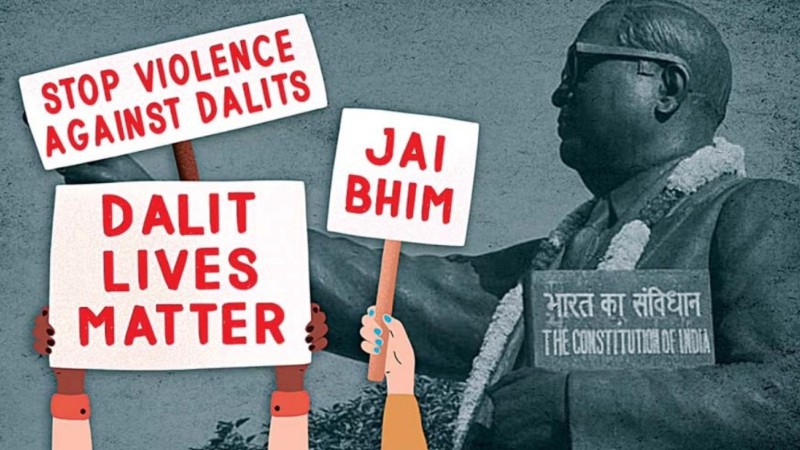
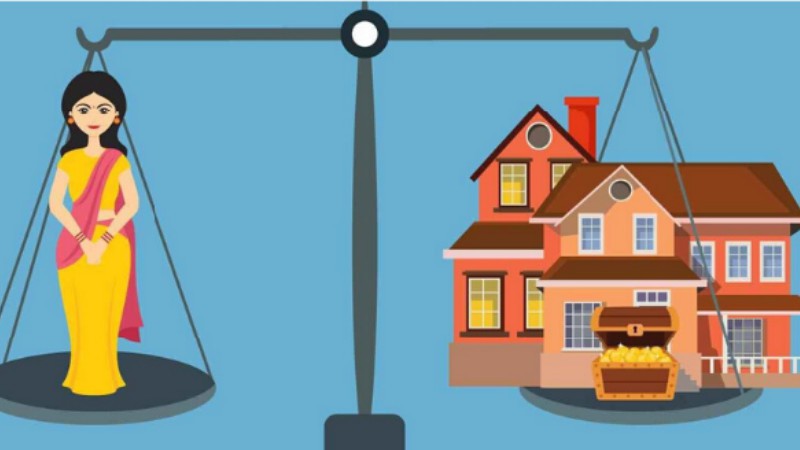

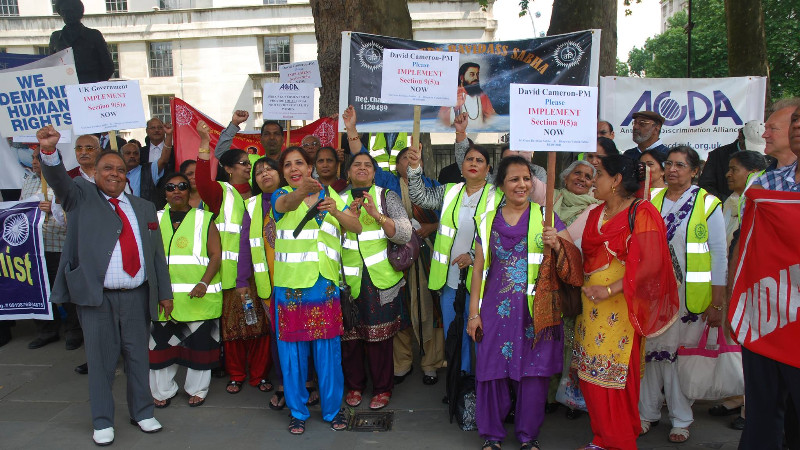
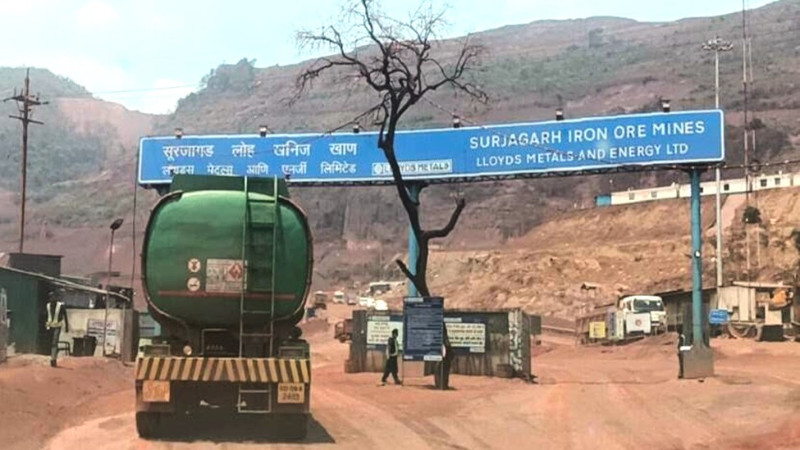
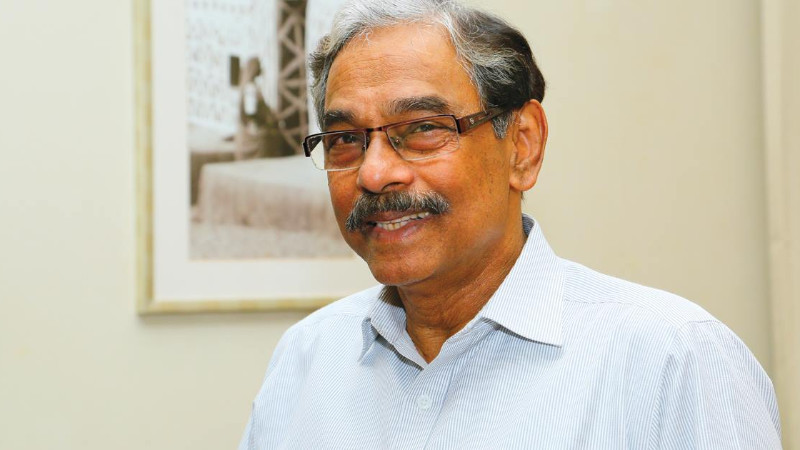
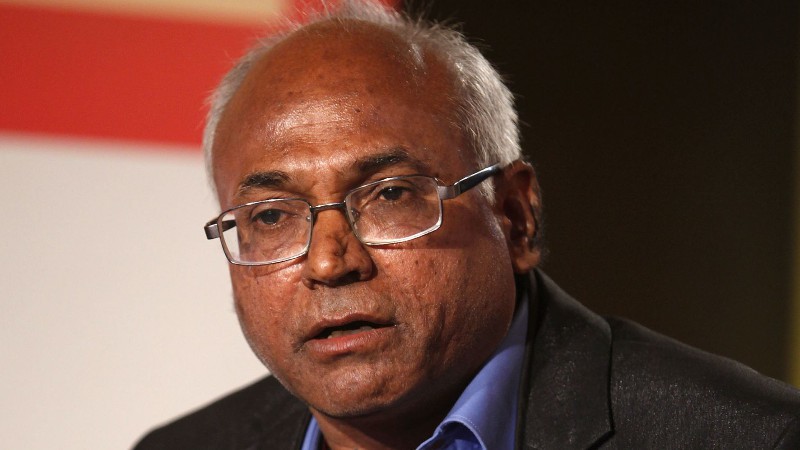


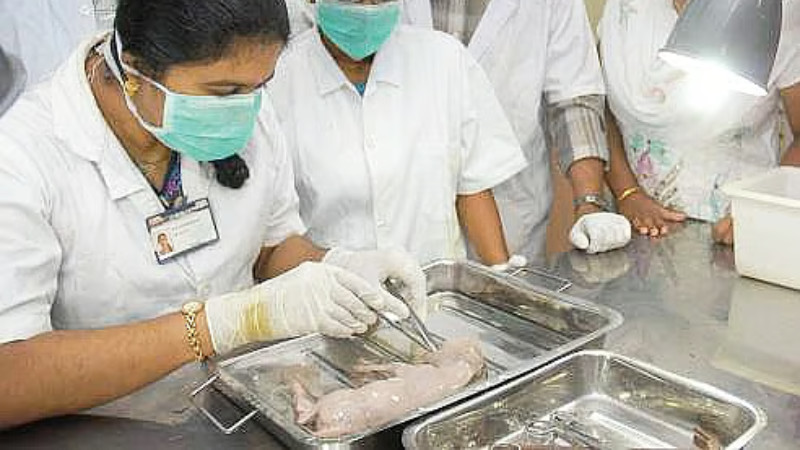
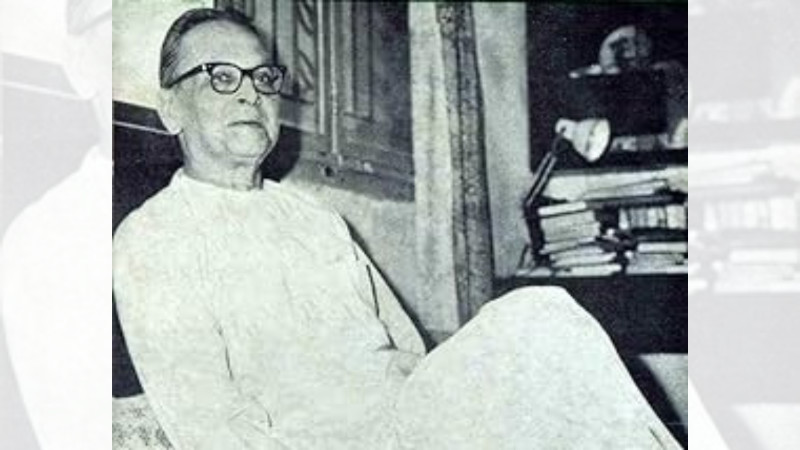
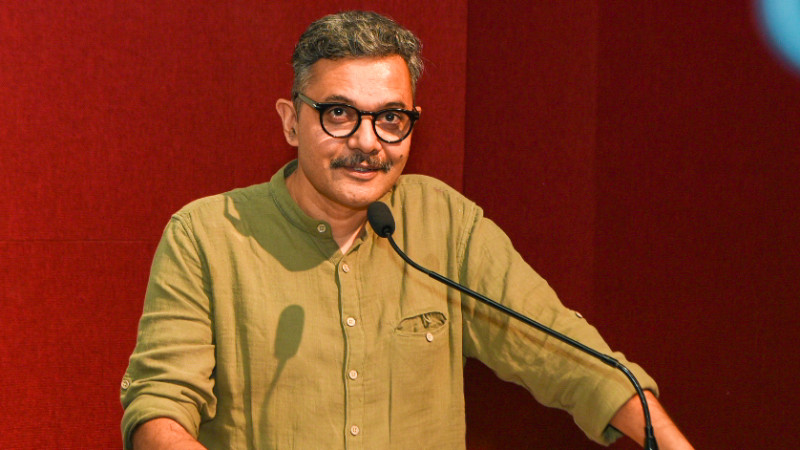
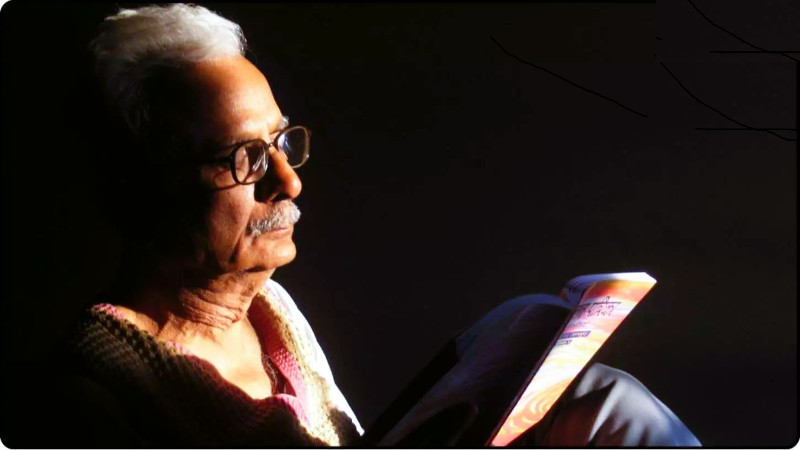
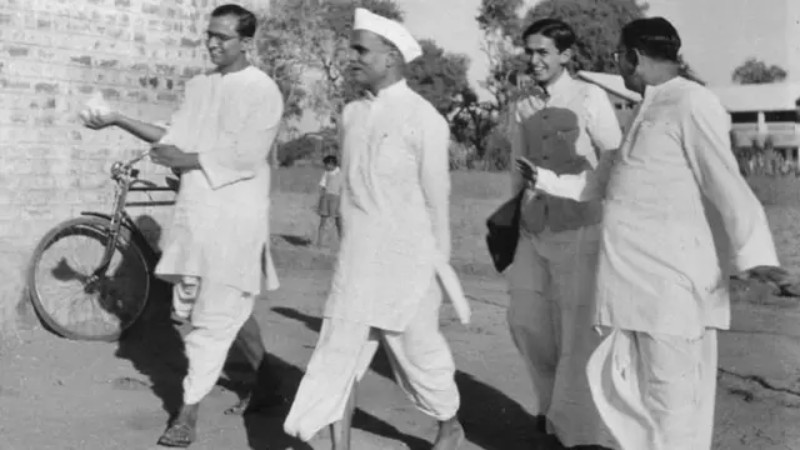
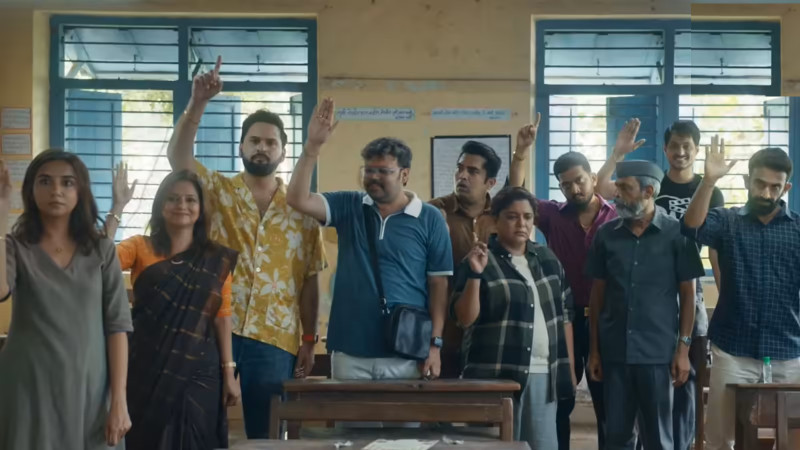
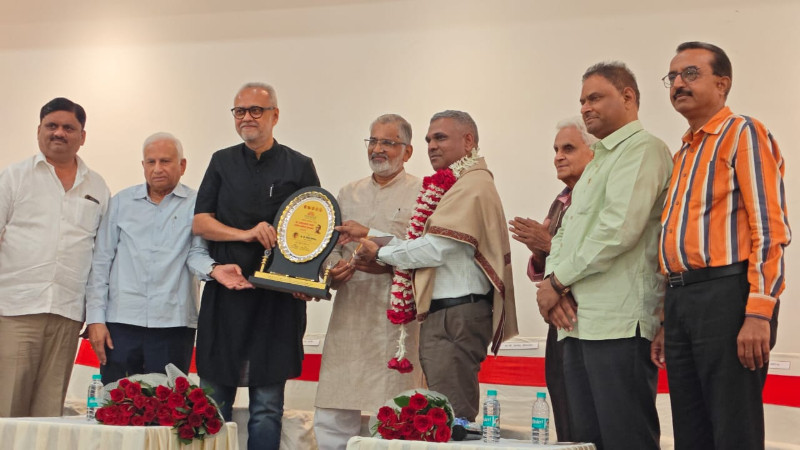
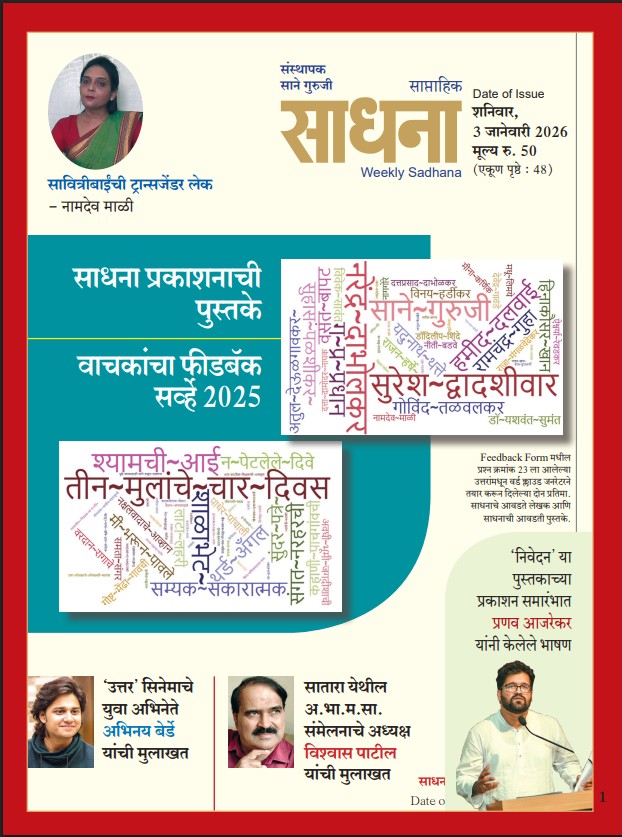













Add Comment